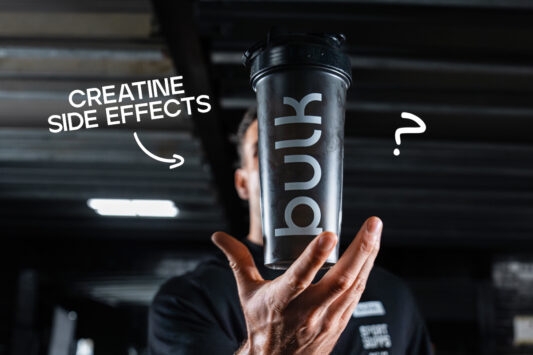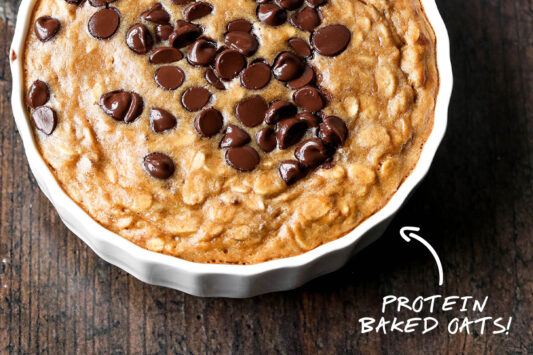Over recent years, the Branched Chain Amino Acid, Leucine has received more attention than most other sports supplements. Leucine is an Essential Amino Acid; that means, unlike Non Essential Amino Acids, Leucine can’t be produced in the body and must be ingested through the diet. This is one reason why supplementing with Leucine has become so popular, as obtaining higher Leucine quantities through the diet can be difficult.
The research focus on Leucine has been on its role in stimulating protein synthesis. According to Tipton et al (2009), “Leucine is known to stimulate muscle protein synthesis and anabolism.” Even in diets that contain sufficient protein, Leucine has been shown to chronically improve protein synthesis (Casperson et al, 2012). While the subjects for this study weren’t typical sports nutrition consumers (the study looked at sarcopenia in older adults), it shows the additive benefit of Leucine.
Interestingly, Tipton found that adding Leucine to Whey Protein didn’t result in a greater anabolic response than Whey alone. This is likely to be due to the already high Leucine content of Whey Protein. Norton et al (2012) investigated four different protein sources, all with different Leucine concentration (Wheat, Soya, Egg and Whey) and found that “Leucine content is a critical factor for evaluating the quantity and quality of proteins necessary…for stimulation of maximal protein synthesis.”
References
Casperson, S.L., Sheffield-Moore, M., Hewlings, S.J. & Paddon-Jones, D. (2012) Leucine supplementation chronically improves muscle protein synthesis in older adults consuming the RDA for protein. Clinical Nutrition, 31, 4, 512-519.
Norton, L.E., Wilson, G.J., Layman, D.K., Moulton, C.J. & Garlick, P.J. (2012) Leucine content of dietary proteins is a determinant of postprandial skeletal muscle protein synthesis in adult rats. Nutrition & Metabolism, 9, 67
Tipton, K.D., Elliot, T.A., Ferrando, A.A., Aarsland, A.A. & Wolfe, R. (2009) Stimulation of muscle protein anabolism by resistance exercise and ingestion of Leucine plus protein. Applied Physiology, Nutrition, and Metabolism, 34, 2, 151-161
















